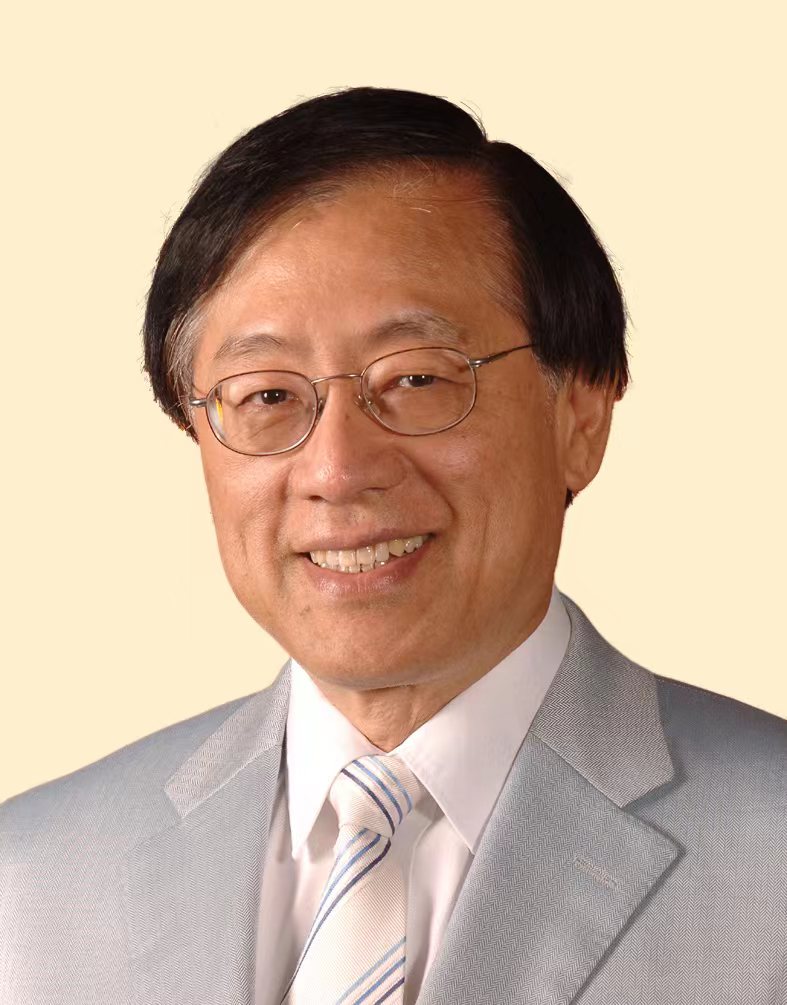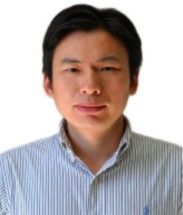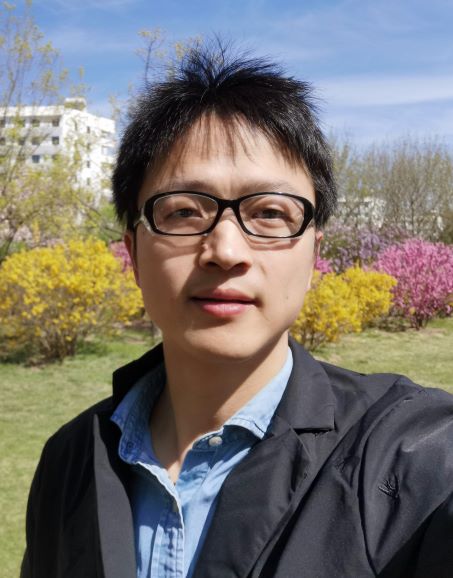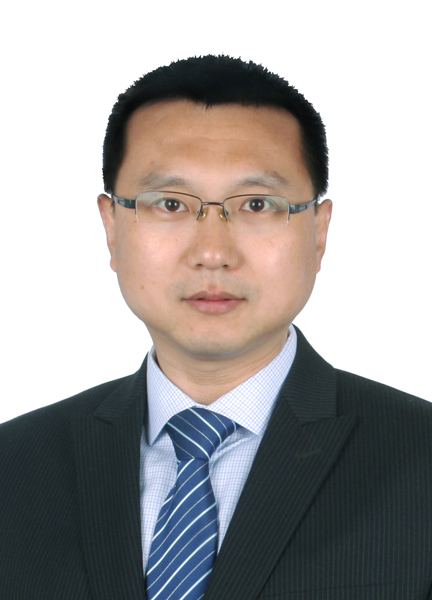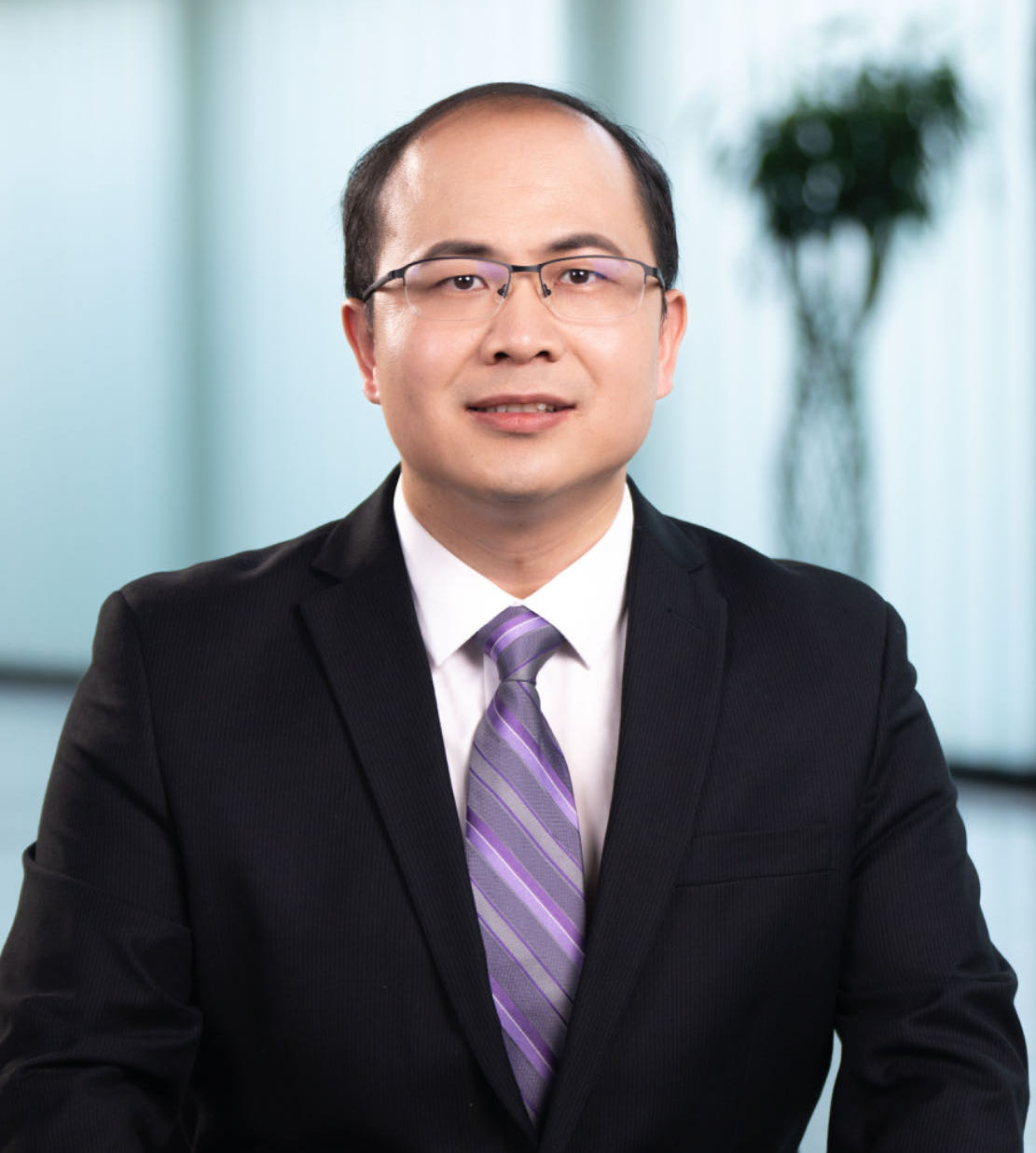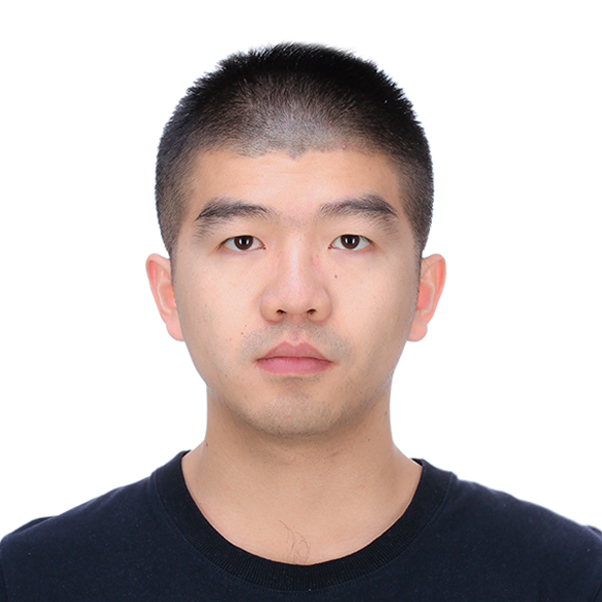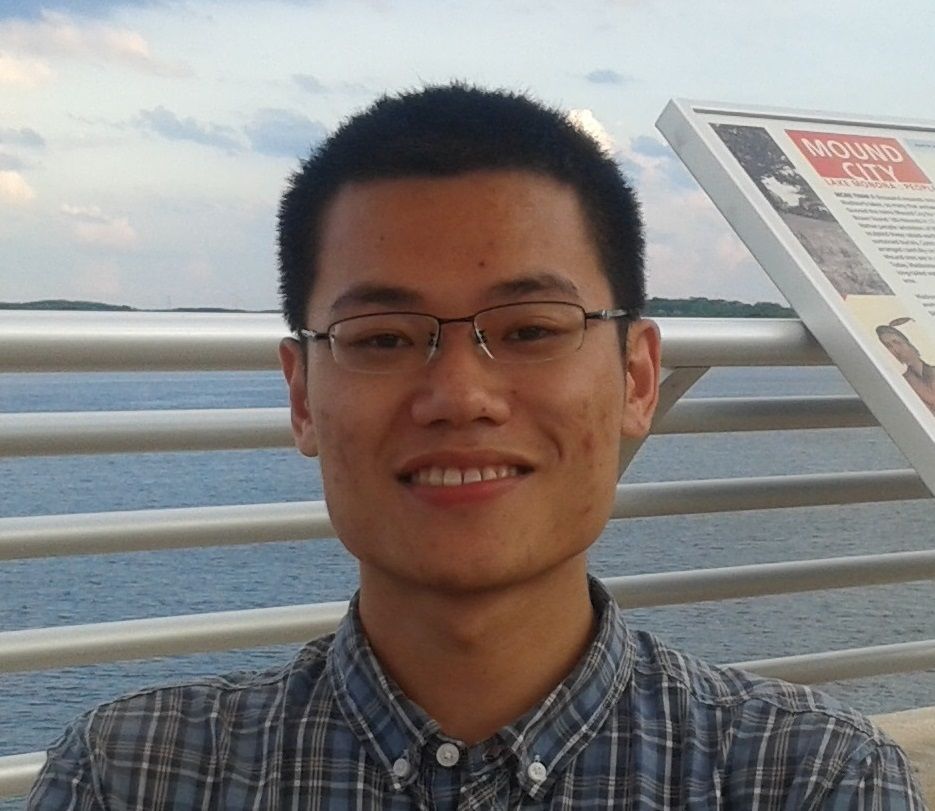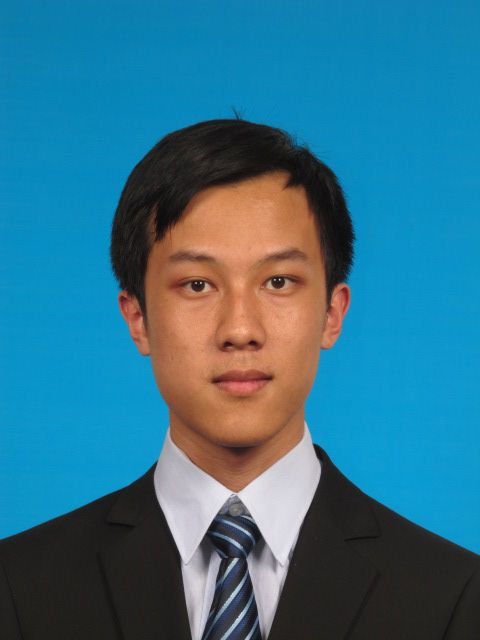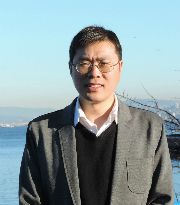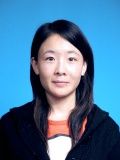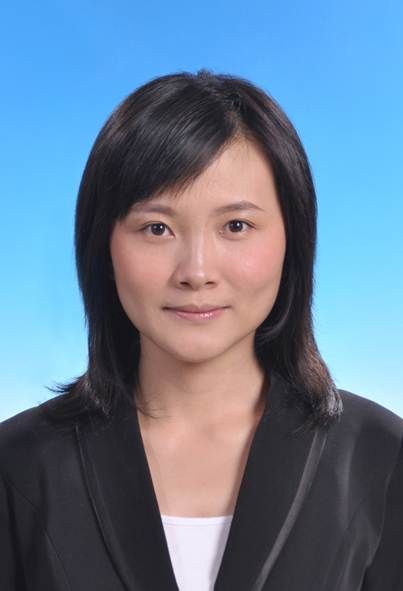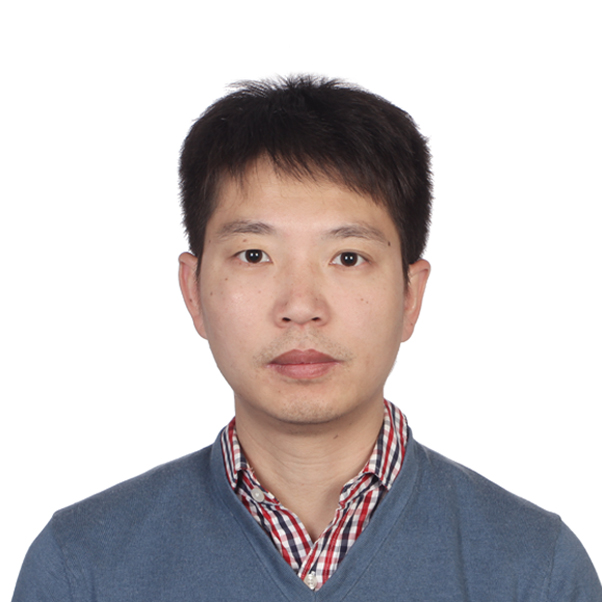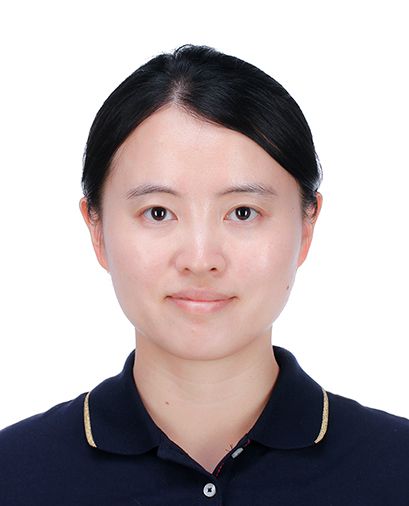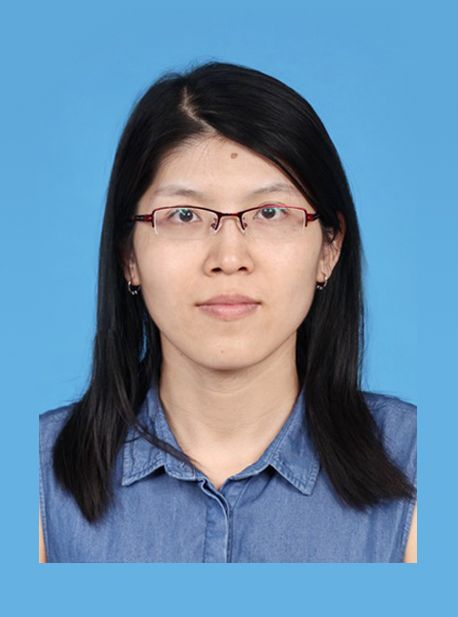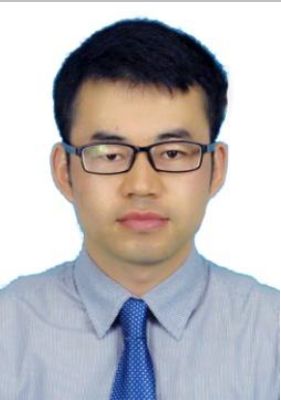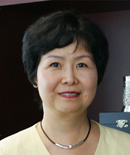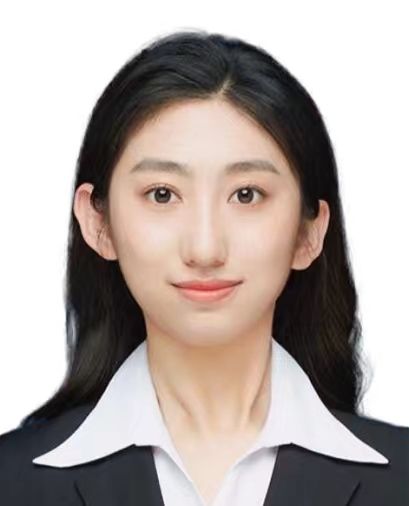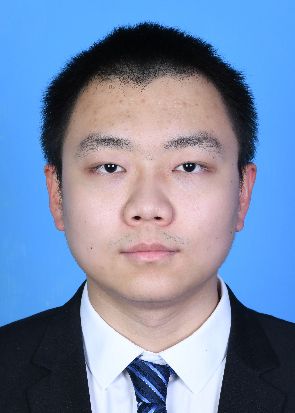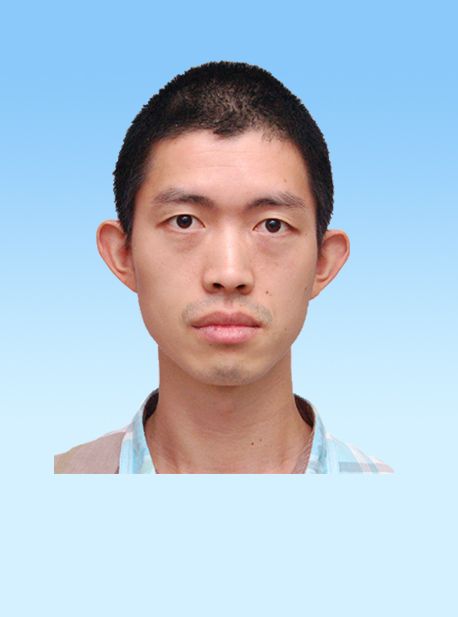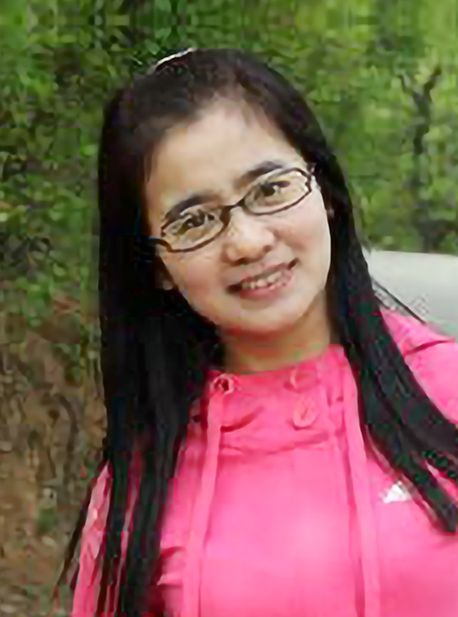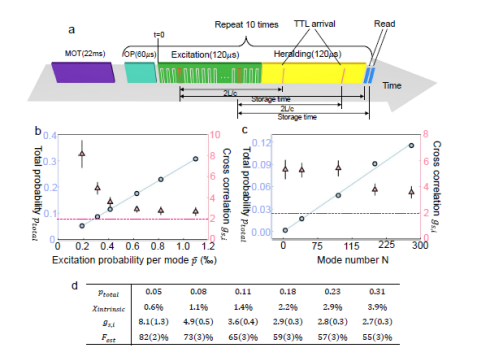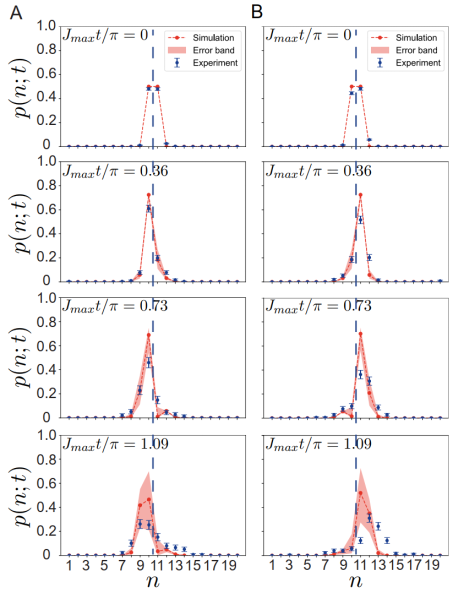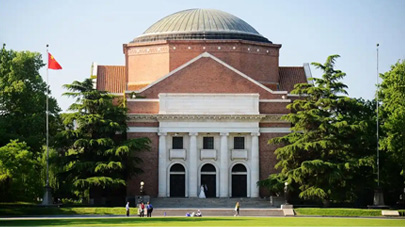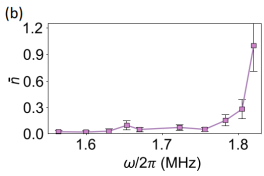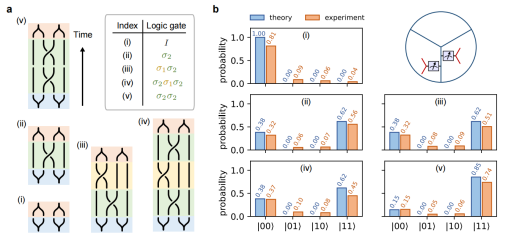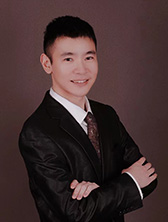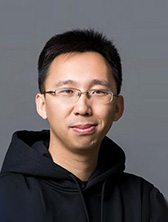Quantum Center
Center for Quantum Information
Center for Quantum Information
The Center for Quantum Information (CQI) at Tsinghua University, affiliated with the Institute for Interdisciplinary Information Sciences (IIIS), was established in 2011. It is committed to taking an international leading position in the race to create quantum computers and quantum internet, setting a benchmark for China in international cutting-edge scientific research, and building a world-class research center and talent training base for quantum information.
Dean Yao Qizhi of the IIIS is one of the very few computer scientists who first entered the field of quantum information and has made pioneering contributions to it. Academician Duan Luming, the director of the CQI, is one of the international young leaders in the physical implementation of quantum information. He is in charge of building the physical experimental team for quantum information and has been engaged in the of research quantum computing and quantum information technology for a long time, achieving a series of original results. He has received awards such as the Rao Yutai Basic Optics Prize, the Second Prize of the National Natural Science Award, the American Sloan Research Fellowship, and the Outstanding Research Award from the Chinese Physical Society. He was elected a Fellow of the American Physical Society in 2009, is the first recipient of the New Foundations Researcher, and was elected an academician of the Chinese Academy of Sciences in 2023. He currently leads the research project on ion quantum computing in the National Key Research and Development Plan 2030 and has published more than 300 papers in authoritative journals such as Nature, Science, and Physical Review Letters.
The CQI adopts the management methods of top international universities and research institutions. Its main research directions include quantum information, quantum computing, quantum networks, quantum artificial intelligence, superconducting quantum computing, condensed matter physics, etc. The center has currently built several experimental research platforms for quantum computing, including ion quantum computing, superconducting quantum computing, photonic quantum networks, and diamond quantum computing, as well as a micro-nano processing clean room. There are about 100 professors, tenured associate professors, assistant professors, post-doctors, researchers, laboratory technicians, and doctoral students in the center. Many papers from the CQI have been published in internationally renowned academic journals such as Nature, Science, and Physical Review Letters, which has greatly enhanced China's international influence in the field of quantum information.
Faculty
Overview
The research at the Tsinghua Center for Quantum Information focuses on experimental implementation of quantum computation and networks and theoretical study of quantum algorithms, entanglement, and cryptography. The major research thrusts include.
Trapped ions constitute one of the leading systems for realization of quantum computation. We focus on two experimental systems, one with Ytterbium ions and the other with a hybrid system of both Ytterbium and Barium ions. The major goal is to advance coherent control in these systems for implementation of quantum computation and simulation.
Defect electron and nuclear spins in diamonds recently emerge as a promising system for realization of quantum computation and networking. In particular, in the so-called nitrogen vacancy (NV) centers of the diamond, electron spins and surrounding nuclear spins can be optically initialized to pure states and read out with high fidelity. Quantum gates can be achieved through microwave pulses to control the inherent hyperfine interaction between the spins. Different NV centers can be coupled to each other through optically mediated interaction.








